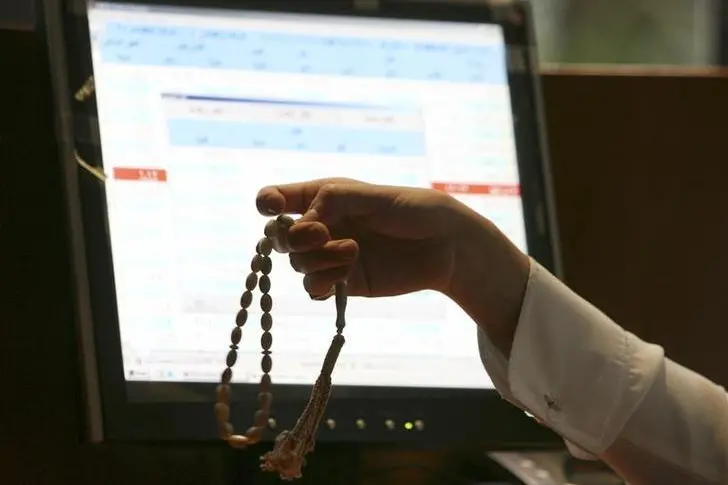PHOTO
The volumes of the global issuance of sukuk, or Islamic bonds, have nose-dived 32 per cent in the first quarter of this year against Q1 2019, and a further decline is expected in Q2 2020 as several countries implement measures to control the spread of COVID19, according to a global advisory firm.
The sukuk market is expected to recover in the third quarter of 2020 but the analysts at the S&P Global Ratings are of the view that the volumes of sukuk issuance in H2 of 2020 won’t be sufficient to compensate for the decline in the H1 2020.
“Overall, we forecast around $100 billion of sukuk issuance this year, about 40 percent lower than in 2019,” said S&P analysts, adding in the current environment, the number of defaults among sukuk issuers with low credit quality will likely increase.
S&P Global Ratings believes the sukuk market will see a significant reduction in issuance volumes in 2020. “The drop in oil prices and restrictions related to the COVID19 pandemic will take a toll on important sectors in core Islamic finance countries, including real estate, hospitality, and consumer-related businesses,” said S&P Global Ratings in a note to investors and media.
Most government issuers of sukuk are likely to turn to conventional bond markets as they grapple with the impact of weaker economic environments and tight budgets, it said, adding, financing conditions are likely to be extremely difficult for issuers with weak credit quality.
In response to low oil prices and sluggish economic activity, several countries have implemented measures to unlock banking sector liquidity and help corporations cope with the adverse impact. This means corporates will have a lower need to enter the sukuk market this year, even assuming an economic upswing from the third quarter, it said.
The central banks of countries with strong presence of Islamic finance have few reasons to issue sukuk in 2020 because the apex banks have opened liquidity taps through the banking sector and there is limited need for local currency liquidity management through Islamic bonds, said the note.
Last year, central banks accounted for 17.5 percent of total sukuk issuance.
S&P Global Ratings identified two major trends for sukuk in 2020 - defaults and slowdown of the innovative sukuk issuance.
Given the shocks to the economic environment and rapid change in market conditions, the advisory firm expects credit risk to increase sharply. “We might see much higher default rates among sukuk issuers, especially those with low credit quality or business plans that depend on supportive economies and market conditions. Defaults will test the robustness of the legal documentation used for sukuk issuance and provide insight into the outcome for investors,” analysts wrote in the note.
The other major trend this year would be the slowing down of the momentum in using blockchain for sukuk and issuing green sukuk. S&P analysts expect these two areas to play a significant role in opening up the sukuk market.
However, the current economic shock and volatility in capital markets mean that issuers will probably no longer view them as a priority. Once the dust settles, green sukuk and issuance of sukuk using blockchain technology will be two major accelerators for the industry, it said.
The current health crisis could act as a catalyst for the issuance of social sukuk or a new breed of instruments, for example, one on which the rate of return would decline if the issuer fulfills certain social objectives, such as supporting the healthcare system or helping companies affected by COVID19 so they don't need to lay off staff, said the note from the advisory firm.
(Writing by Atique Naqvi; editing by Seban Scaria seban.scaria@refinitiv.com)
#GLOBAL #SUKUK # ISLAMICFINANCE #COVID19 #ECONOMY #BONDS
Disclaimer: This article is provided for informational purposes only. The content does not provide tax, legal or investment advice or opinion regarding the suitability, value or profitability of any particular security, portfolio or investment strategy. Read our full disclaimer policy here.
© ZAWYA 2020





















